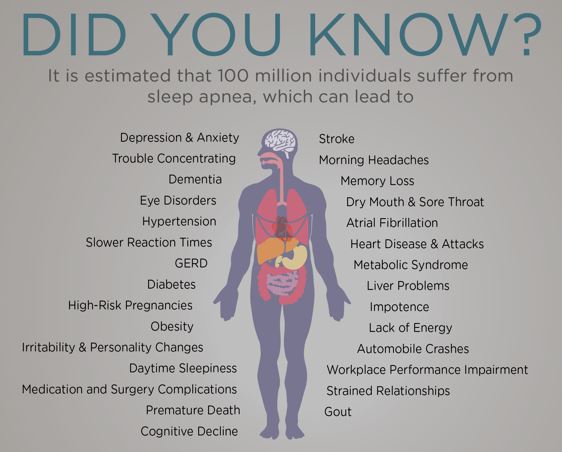World Narcolepsy Day: Shedding Light on an Often Misunderstood Sleep Disorder
World Narcolepsy Day: Shedding Light on an Often Misunderstood Sleep Disorder
Comprehensive Sleep Care Center (CSCC) joins the global community in raising awareness about narcolepsy—a chronic neurological disorder that affects the brain’s ability to regulate sleep-wake cycles.
What is Narcolepsy?
Narcolepsy goes beyond simply feeling tired. People living with this condition often experience:
- Excessive daytime sleepiness – overwhelming drowsiness or sudden sleep attacks.
- Cataplexy – sudden muscle weakness triggered by strong emotions like laughter or surprise.
- Sleep paralysis – temporary inability to move or speak while falling asleep or waking up.
- Hallucinations – vivid, dream-like experiences when falling asleep or waking up.
These symptoms can significantly impact daily life, work, school, and relationships. Unfortunately, narcolepsy is often underdiagnosed or misdiagnosed, with many patients waiting years before receiving the correct diagnosis.
Why Awareness Matters
Greater awareness leads to earlier diagnosis and better treatment options. With proper management—including lifestyle adjustments and medication—individuals with narcolepsy can lead full, productive lives.
Comprehensive Sleep Care Center’s Commitment
At Comprehensive Sleep Care Center, our board-certified sleep specialists are dedicated to helping patients uncover the root causes of their sleep challenges. If you or someone you know struggles with excessive daytime sleepiness or other narcolepsy-related symptoms, we encourage you to reach out. Early evaluation and treatment can make all the difference.
📅 Let’s use World Narcolepsy Day to spread knowledge, compassion, and support for those living with narcolepsy.
👉 To learn more or schedule a consultation, visit www.ComprehensiveSleepCare.com
Comprehensive Sleep Care Center is proud to serve patients at the following locations:

